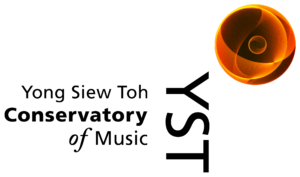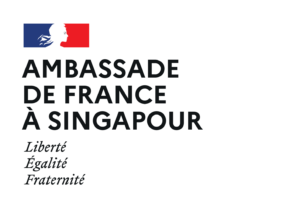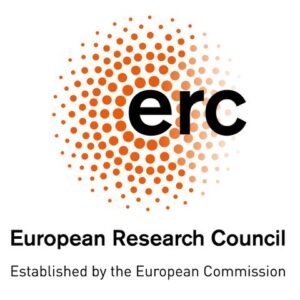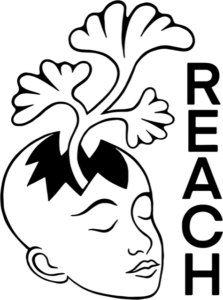(Workshop and concerts 19 Feb 2024–23 Feb 2024)
Organizing Committee
Co-chairs
- Carlos Agon (Sorbonne Université)
- Moreno Andreatta (CNRS Institut de Recherche Mathématique Avancée / University of Strasbourg)
- Gérard Assayag (Institut de Recherche et Coordination Acoustique / Musique)
- Elaine Chew (King's College London)
Contact Information
General Enquiries: Ims-enquiry(AT)nus.edu.sg
Scientific Aspects Enquiries: andreatta(AT)ircam.fr and carlos.agon(AT)ircam.fr
Overview
Under the auspices of the European Mathematical Society the Fourth Diderot Mathematical Forum, dedicated to “Mathematics and Music”, took place simultaneously in Lisbon, Paris and Vienna, in December 3-4,1999. Since this seminal event, an international Society for Mathematics and Computation in Music and a peer-review Journal of Mathematics and Music has emerged, contributing to the progressive recognition of Mathematics and Music as a discipline in its own right. In 2015, another important milestone was achieved in the form of the international workshop Mathemusical Conversations: mathematics and computation in performance and composition co-hosted by the Institute for Mathematical Sciences and the Yong Siew Toh Conservatory of Music in Singapore. Mathemusical Encounters in Singapore : a Diderot Legacy marks the 25th anniversary of the original Mathematics and Music Diderot forum. It is an occasion to recognise the continued growth of mathematics and music and its foundational role in broader mathemusical applications ranging from music technologies to performance creativity to digital therapeutics, and to lay the groundwork for future directions in the interdisciplinary research field of Mathematics and Music.
References
2002. Mathematics and Music : A Diderot Mathematical Forum. Gérard Assayag, Hans Georg Feichtinger, Jose Francisco Rodrigues (eds.) Springer : Berlin, Heidelberg
2011. Mathematics and Computation in Music, Third International Conference, MCM 2011, Paris, France, June 15-17, 2011. Carlos Agon, Moreno Andreatta, Gérard Assayag, Emmanuel Amiot, Jean Bresson, John Mandereau (eds.), Lecture Notes in Computer Science / LNAI 6726, Springer.
2016. Mathemusical Conversations : Mathematics and Computation in Music Performance and Composition. Jordan B L Smith, Elaine Chew, and Gérard Assayag (eds.) Lecture Notes Series, Institute for Mathematical Sciences, National University of Singapore: Volume 32, World Scientific : Singapore, Singapore
Venue
Yong Siew Toh Conservatory of Music
3 Conservatory Drive
Singapore 117376
Infos and Registration
Program
https://ims.nus.edu.sg/wp-content/uploads/2024/02/Workshop.pdf





